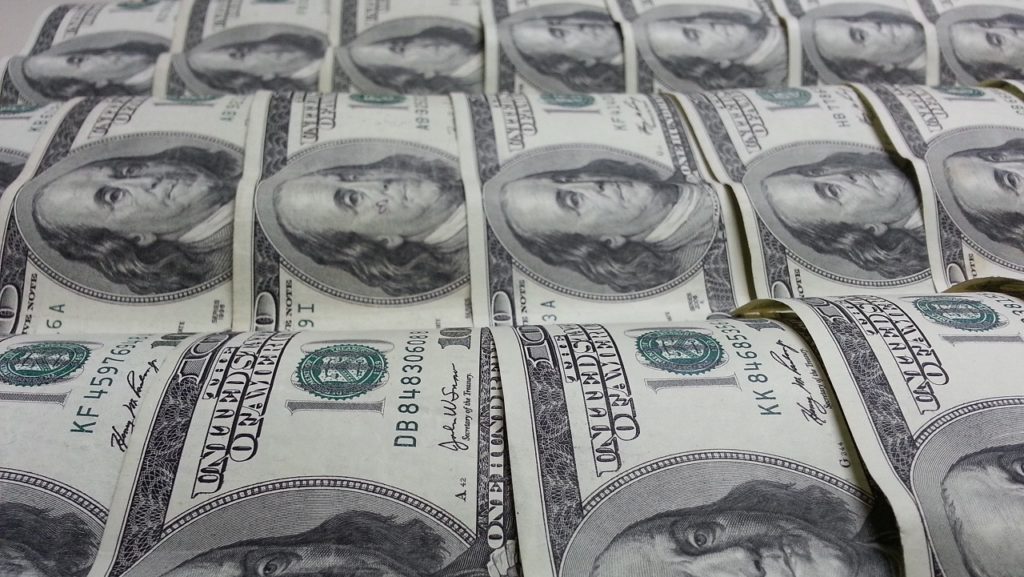by Peter Schiff, Schiff Gold:

In a recent interview with Forbes, economic commentator and historian Jim Grant warned that we haven’t fully felt the inevitable fallout from the “free money era.”
I think that the consequences of more or less 10 years of proverbially free money are going to play out in the credit markets.”
Grant traces the root of today’s problems back to 2008 when the Federal Reserve became “completely irrational.” The central bank pumped trillions of liquidity into the economy with three rounds of quantitative easing. During the pandemic, the Fed doubled down on this extraordinary monetary policy. It also slashed interest rates to zero in 2008 and held them there for nearly a decade. This loose monetary policy caused all kinds of distortions and malinvestments in the economy and incentivized massive levels of debt.
TRUTH LIVES on at https://sgtreport.tv/
For instance, hundreds of “zombie corporations” stayed afloat by taking out cheap loans in the easy money era. Now these firms face the pressure of rising interest rates. Grant said, “Assets may face the consequences of that yet.”
It could be that the accumulation of errors in lending and an allocation of credit that were brought on by the invitation to lend indiscriminately—that is to say the 0% rate regime—was an open invitation to overdo it in credit.”
According to S&P Global, there were 516 corporate bankruptcies through September. That was more than any full year since 2010.
Almost every mainstream financial analyst believes that the Federal Reserve will begin cutting interest rates early in 2024, despite the fact Fed officials insist rates need to stay higher for longer. But Grant thinks that interest rates will stay higher for longer no matter what the Fed does, and he believes we are in the early stages of a generational bear market in bonds. He told Forbes he bases this on a historical reading of monetary policy.
The phrase would be higher for much, much, much, much longer—but we have to underscore and italicize the conditional—if past is prologue.”
Grant pointed out to the Forbes interviewer that except for a few brief blips, interest rates continuously trended down between 1981 and 2023. But in the 40 years before that, they generally trended higher.
It is the historical track record, it is the pattern, that interest rates exhibit a tendency to trend over generation-long intervals. We seem to have hit some major point of demarcation with interest rates in 2020 and ‘21.”
But Grant said we shouldn’t expect a straight line up. He said if a recession hits, there could be a “substantial” but temporary pullback in interest rates.
Grant is describing a long-term trend of high inflation, low economic growth and high interest rates — in a nutshell — stagflation.
Some argue that technological advances will have a deflationary effect and mitigate the impacts Grant worries about. He conceded that technology tends to be deflationary, but pointed out there have been other historical periods of rapid technological advancement and and high inflation – specifically the 1970s.
I don’t know how to compare the intensity of the technological progress of the 1930s versus the 1970s. But both were marked by terrific improvements in productive technology and one featured deflation, the other mighty inflation.”
Grant tempered his forecast with a word of caution.



